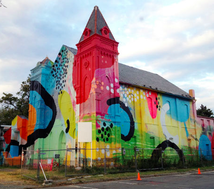 Lesslie Newbigin “believed that the ‘whole thrust of the 20th century [last century] rediscovery of the missionary nature of the church is lost if it does not lead to a radical re-conception of what it means to be a local congregation of God’s people.’ And so he frequently expressed his conviction that the local congregation is the primary reality of the church and therefore the only possible hermeneutic of the gospel” (Michael W. Goheen, The Church and Its Vocation: Lessie Newbigin’s Missionary Ecclesiology, p. 108). Amen and amen. But this means getting our “local” ecclesiology right (as in biblical). We confuse our form for church, yet our form (and its institution) will determine much in how we (and the public) understand what we mean by the gospel. We tend to read back our form and way of doing church into the New Testament (a bad hermeneutic!). We need to think more deeply about ecclesiology and the local, gathered-church. Frankly, we need a "radical re-conception" of the nature, purpose, and meaning of the local church, what I prefer to call, the local, gathered-church.
0 Comments
Wasted Quote: "God uncredentialed in the empire, unknown in the courts, unwelcome in the temple"7/22/2017
Over the last year I have been reflecting on and learning about the failing and cracking of christendom, the structures, privileges, and cultural alignments that allow Christianity to have a central social acceptability and place in our western world. Part of my reading has been on the impossible increase and spread of early Christianity after Acts, the first 300 or so years of church history. A current author, sees a parallel with the exploding Chinese church. Here is his reflection on the Chinese church through the lens of the early church:
*This is the fourth instalment of quotes from my presentation on "Church (local), the poor and their neighborhood," which are somewhat random, but still focused on the church and the poor. For all the posted "Church (local) quotes >>
The local church as the “thin place” and “the space between”: “Thin place,” a sacred place or space where unseen mysteries of the other world (i.e., “the heavenlies”) and the material places of the earth touch. A “thin place” is where one can walk in two worlds at the same time, a place of liminality—a place where the two worlds (seen and unseen) are fused or mingled together, yet where distinctions can be discerned. “A thin place” is where the boundary between heaven and earth is especially narrow, a place where a sense of the divine is more readily perceived. The church (a local church) as God’s household-temple is such a “thin place.” The “space between” is the common or transitional space where boundaries are fluid, a mix of human activity, specifically that space between the build environment. The church (a local church) is such a “space between” [from C. M. Anderson, “The Sacred “Thin” Space Between: (Eph 3:16): The Temple- Church as Revelation of God's Reconciling Mystery and Its Potential for Church Growth Outcomes” (paper)].
*This is the third instalment of quotes from my presentation on "Church (local), the poor and their neighborhood," which are focused on applying the Bible, especially in the context of "neighborhood." For all the posted "Church (local) quotes >>
*The second set quotes from my presentation on "Church (local), the poor and their neighborhood" focus on the word "patience." The use of the word sheds light on the problem of allowing the status quo regarding the issues of poverty. It is a nice, maybe even comforting thought, that we need to trust that God will sort out all the justice issues--yet, such an attitude keeps the poor right where they are. Today. Tomorrow. For all the posted "Church (local) quotes >>
|
AuthorChip M. Anderson, advocate for biblical social action; pastor of an urban church plant in the Hill neighborhood of New Haven, CT; husband, father, author, former Greek & NT professor; and, 19 years involved with social action. Archives
February 2024
Categories
All
|
Pages |
More Pages |
|
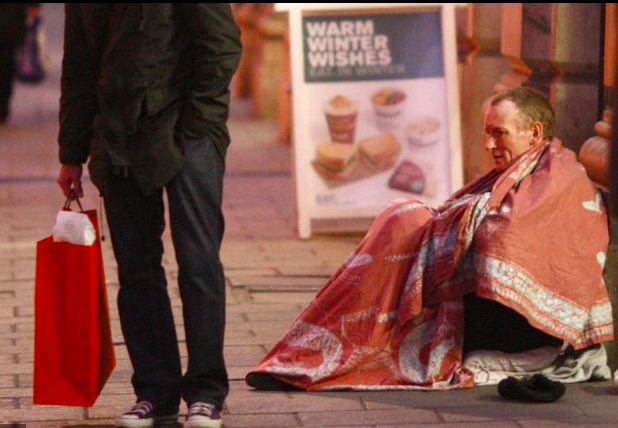

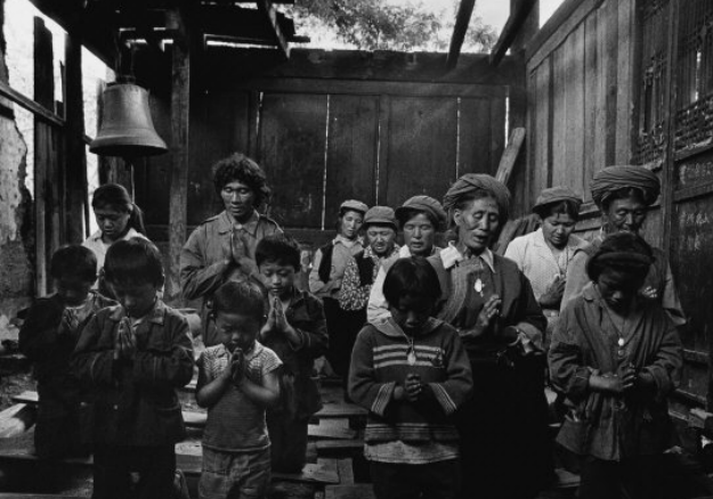

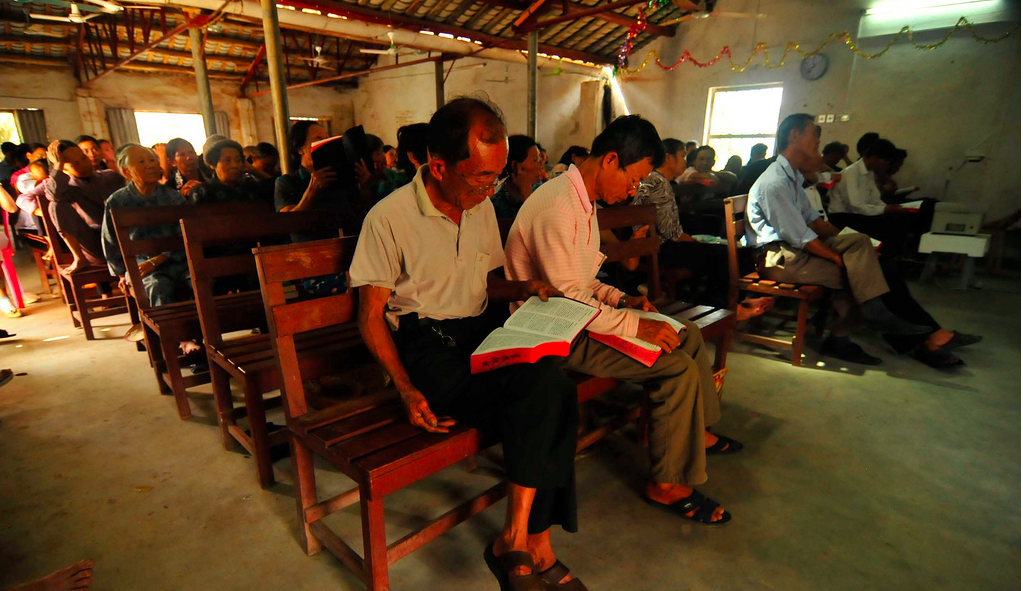
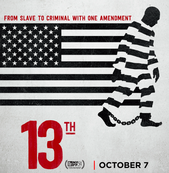
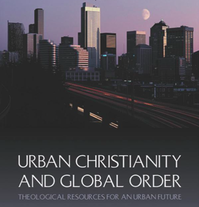
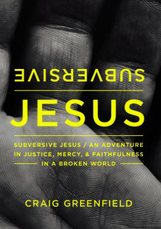
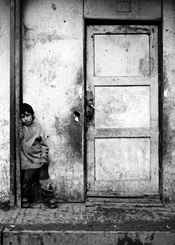
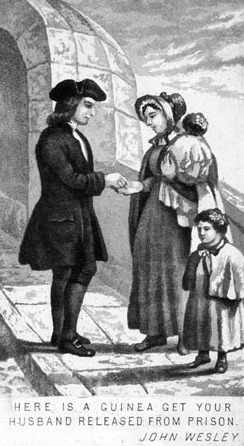

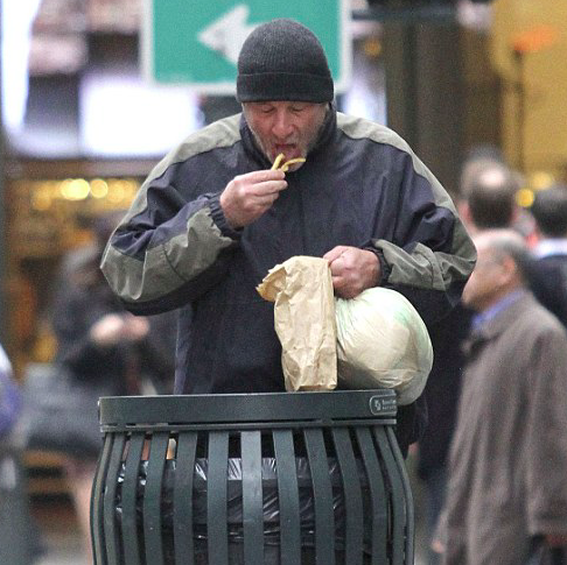
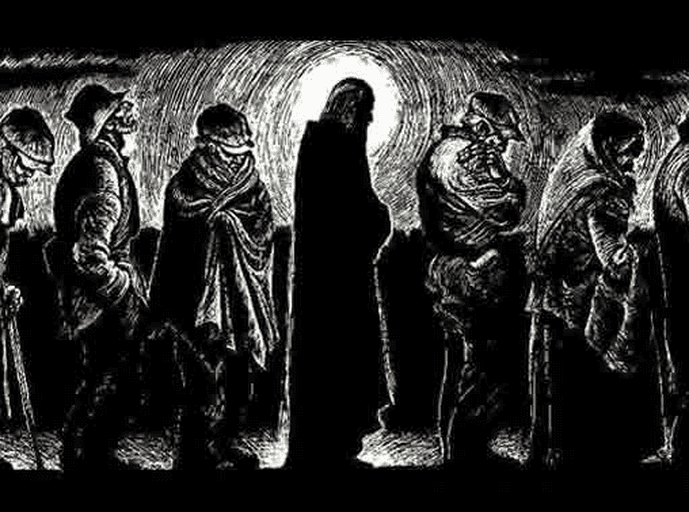
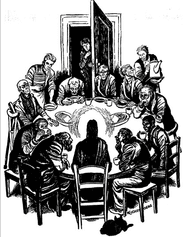
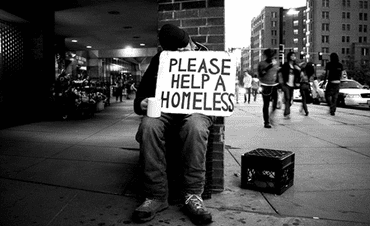

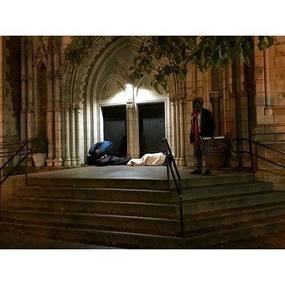
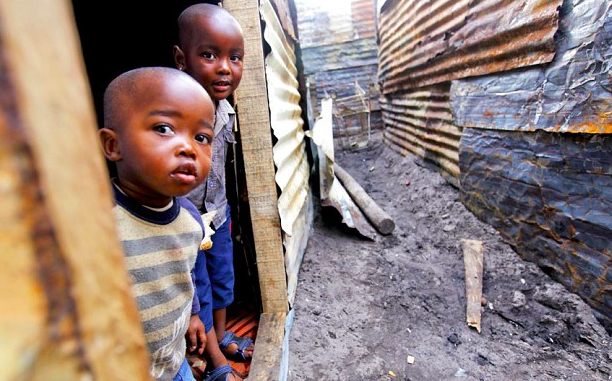
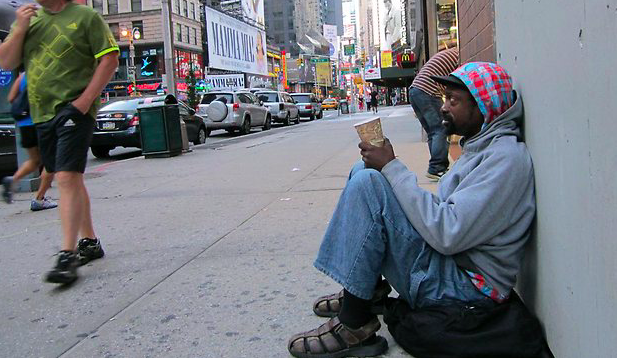
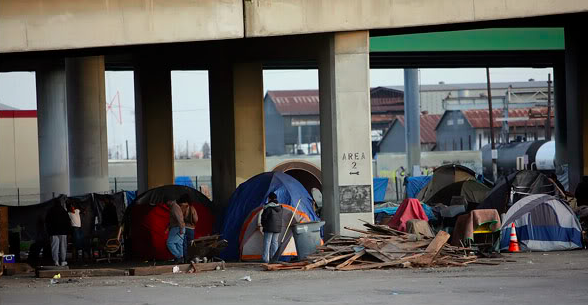
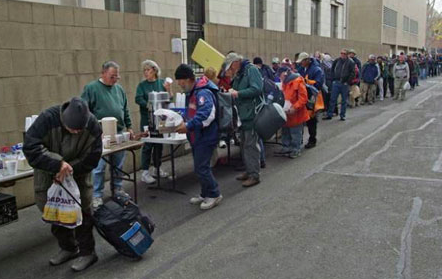

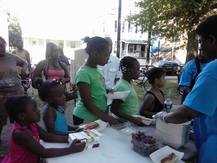
 RSS Feed
RSS Feed